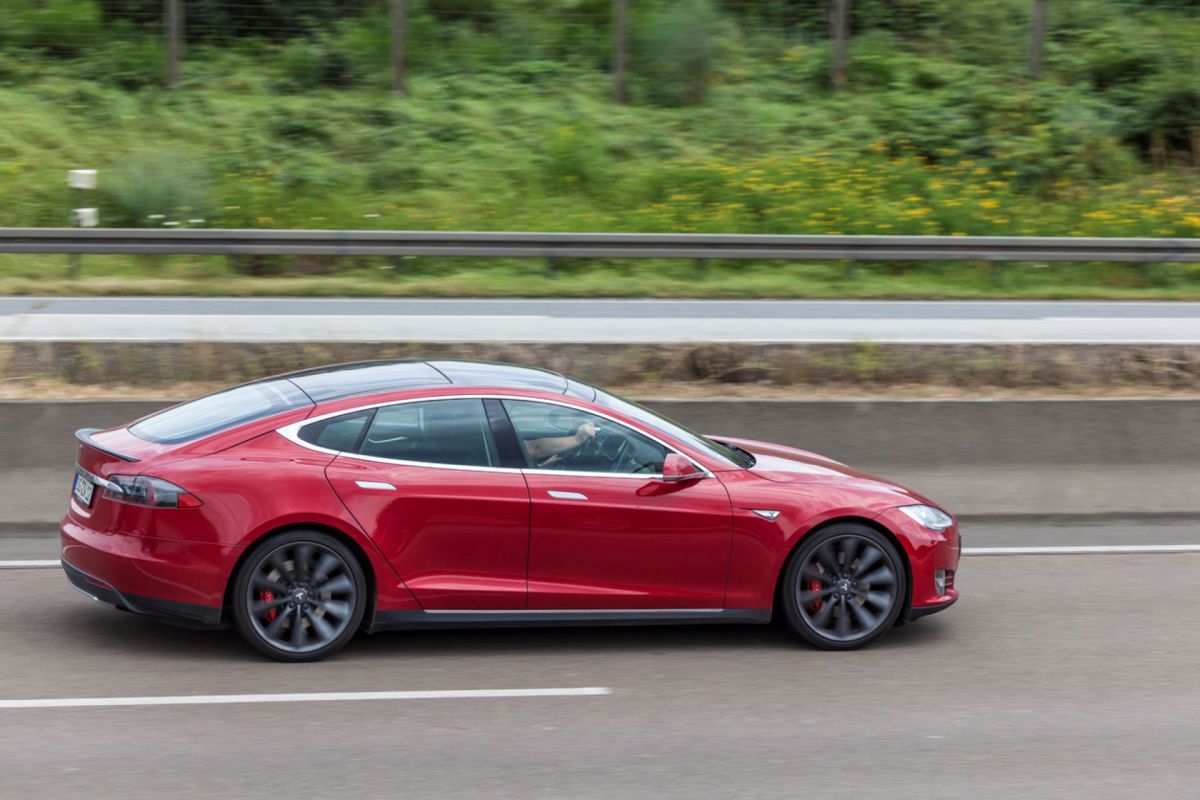A Tesla driver has spoken out against aggression from fellow road users after a truck driver purposely drove dangerously close to his self-drive model.
Dashcam footage shows Fort Cavazos Army Operations Manager Tim Carrender driving down I-14, when a truck in front of him suddenly performs a brake check.
Carrender describes seeing the truck driver glance at him before braking, leading him to deduce that it was done intentionally in response to his Tesla's self-drive function.
Luckily, the self-driving Tesla was able to respond to the threat, but Carrender is nonetheless critical of such risky driving. "He was testing it. It was just the audacity that the guy would have to do that on a public road like that," he told KWTX.
Self-driven vehicles are predicted to become much more commonplace in the coming years, meaning that human drivers and AI will soon be driving side-by-side. But while AI is thought to be a safer and more predictable driver, which could reduce incidents of car crashes, some studies have shown that it provokes aggression from human drivers.
When automated vehicles have been tested on public roads, they have received verbal abuse, been cut off, chased, tailgated, and forced to break.
One survey from the London School of Economics and Goodyear found that less cooperative drivers were the most optimistic about sharing the road with automated vehicles, specifically because those cars would be more obedient in response to aggressive driving.
Humans can recognize such angry drivers and adapt to skirt around potential road rage risks, with a previous survey finding that there are unwritten rules of the road for driver interactions.
However, some say that AI, without a capacity for empathy and common sense, may not know those crucial rules.
That's why researchers at the University of Warwick are now studying the telltale signs of road rage, so they can quantify it with data that self-drive vehicles can read.
"As the era of autonomous vehicles approaches, road traffic will be a mix of both autonomous and non-autonomous vehicles, driven by people that may engage in aggressive driving," says lead author of the study, Zhizhuo Su. "This is the first study to characterize aggressive driving behavior quantitatively in a systematic way, which may help the autonomous vehicles identify potential aggressive driving."
Join our free newsletter for cool news and cool tips that make it easy to help yourself while helping the planet.









